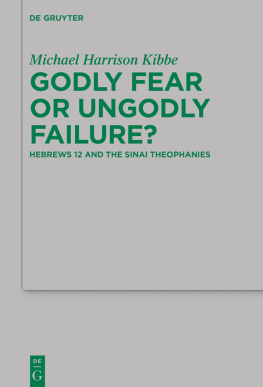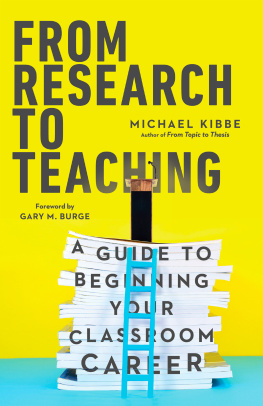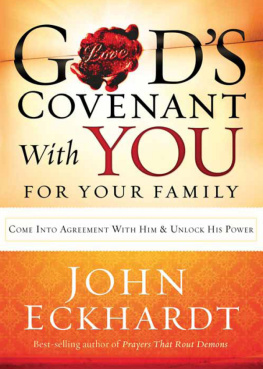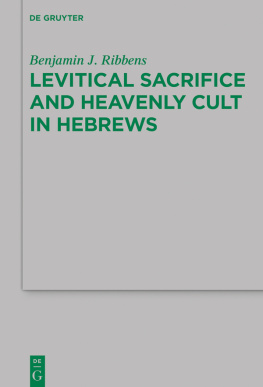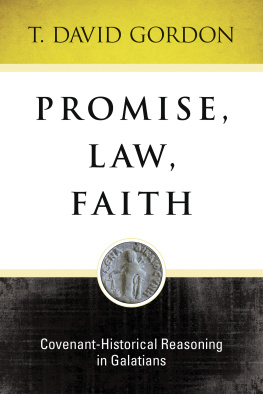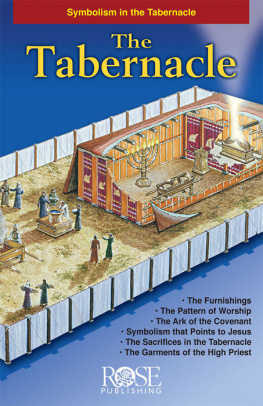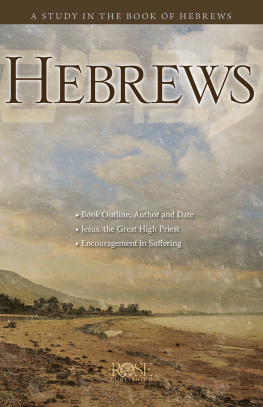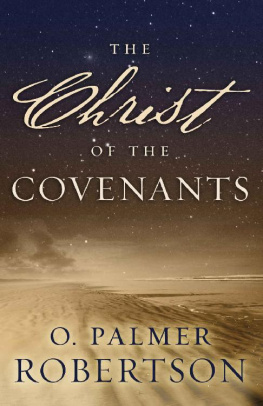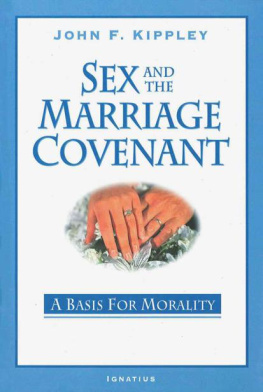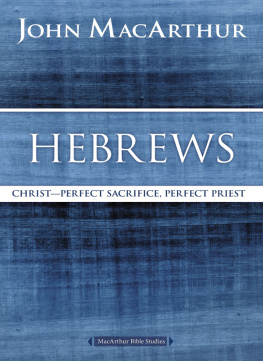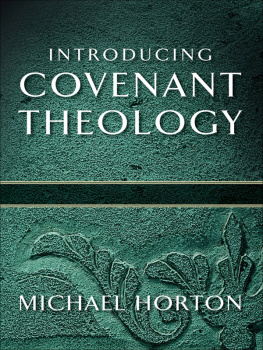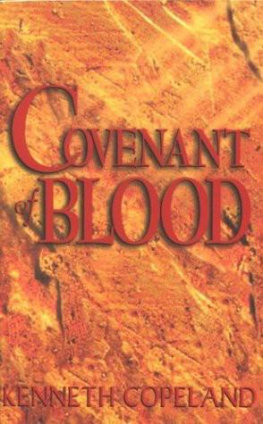Godly Fear or Ungodly Failure?
Guide

Michael Kibbe
Godly Fear or Ungodly Failure?
Beihefte zur Zeitschrift
fr die neutestamentliche
Wissenschaft

Edited by
Carl R. Holladay, Matthias Konradt,
Hermann Lichtenberger, Judith Lieu,
Jens Schrter and Gregory E. Sterling
Volume 216

ISBN 978-3-11-042657-1
e-ISBN (PDF) 978-3-11-042259-7
e-ISBN (EPUB) 978-3-11-042276-4
ISSN 0171-6441
Library of Congress Cataloging-in-Publication Data
A CIP catalog record for this book has been applied for at the Library of Congress.
Bibliographic information published by the Deutsche Nationalbibliothek
The Deutsche Nationalbibliothek lists this publication in the Deutsche Nationalbibliografie;
detailed bibliographic data are available on the Internet at http://dnb.dnb.de.
2016 Walter de Gruyter GmbH, Berlin/Boston
www.degruyter.com

To dad, who taught me to finish the job
Abstract
A cursory glance at Hebrews critique of Israels fear at Sinai in Heb 12:1829 suggests that the author has misunderstood or manipulated his sources. In the Pentateuch, the appointment of Moses as Israels mediator following their unwillingness to stand too close to YHWH receives explicit approval (Deut 5:28), while Heb 12:25 labels that request for mediation a refusal to heed the word of God spoken to them from the mountain. In this dissertation I argue that Hebrews use of the Sinai narratives resides on a complex trajectory established by four points: the Sinai covenant according to Exodus, the reenactment of that covenant according to Deuteronomy, the call for a new covenant according to Jeremiah, and the present reality of that new covenant established by God and mediated by Jesus Christ.
The basis for Hebrews critique arises from its insight that Israels request established covenant-from-a-distance, whereas Jesus demonstrates that true covenant mediation brings two parties into a single space rather than perpetually crossing the gap between them. The shortcomings of this arrangement are demonstrated by the golden calf incident; the relationship between this event and the earlier request for a mediator are hinted at in Exodus, made clear in Deuteronomy, and fully exploited in Hebrews.
The purpose for Hebrews critique lies in its summons to Zion, the mountain on which Jesus sits at the right hand of God as the forerunner of eschatological humanity and the high priestly mediator of the new covenant. To flee from Zion as Israel fled from Sinai is to reject ones inheritance as Esau did (12:1617); it is to deny ones own sibling relationship to Jesus. Zion is the gateway to the eschatonthe only gateway. Israels rejection of God gave way to the making of a new covenant wherein those sins were done away with (9:15), but to reject the new covenant and turn away from its celebration leads not to further provision, but to the wrath of God, the judge of all (12:22) and a consuming fire (12:29).
Acknowledgements
This project, like its author, is surely no Melchizedek, having neither father nor mother nor genealogy! The bibliographyall those scholarly sources upon which I have depended at every turnis one obvious sign of this, but less obvious is the debt owed to scores of formal and informal conversation partners over the past four years.
The members of my doctoral cohort at Wheaton, Jordan Barrett, Peter Green, Greg Thellman, and Ashish Varma, have been my closest friends during this season. From the Stupe to the stacks, we have persevered together. Press on, brothers!
Of those from the other cohorts whose sojourn through Buswell overlapped with mine I mention only a few of those deserving thanks: Jeremy Treat and Matthew Patton for embodying the Wheaton ideal of theology and biblical studies in communion, Austin Surls for being both smarter and more normal than any of us, and Hank Voss for helping me remember that character matters more than competition.
Two other particular Wheaton colleagues deserve special thanks. Ben Ribbens, a fellow Hebrews-junkie, continually reminded me that ideas are no stronger than their basis in the biblical text. His scholarship and his life will always inspire me. Paul Cable has endured countless knocks on his office door, usually followed by Can I ask you a Greek question? I am sure I taught him as much about patience as he taught me about syntax!
A number of scholars outside the Wheaton doctoral committee have read and offered valuable feedback on portions of this dissertation; I am particularly indebted to Jon Laansma (Wheaton College), Amy Peeler (Wheaton College), Larry Perkins (Trinity Western University), Jeremy Smoak (UCLA), Lynn Cohick (Wheaton College), and Karen Jobes (Wheaton College). I also thank the participants in various conferences in which portions of this dissertation were presented, especially Cynthia Westfall (McMaster Divinity College), Felix Cortez (Andrews University), John Goldingay (Fuller Theological Seminary), and Rusty Osborne (College of the Ozarks). Thanks are due as well, of course, to the anonymous reviewers whose expertise guides the BZNW series.
When the decision was made to pursue this particular topic, the question of Second Reader was no question at all: Daniel Block is truly a scholar and a gentleman, whose expertise in all things Deuteronomy is outweighed only by his passion for his students. I could not have asked for a more creative critichis inquiries never failed to improve my work.
On his faculty page on the Wheaton College website, Douglas Moo, my supervisor, introduces himself with a quote from Johann Albrecht Bengel: Apply yourself wholly to the text; apply the text wholly to yourself. I have gotten to know Dr. Moo in many ways over the past several years, but this quote still tells the whole story. I owe the deepest gratitude to a man who consistently refuses to let his own whims and ideas override the need to return always to Scripture; if anything in this book reflects careful interaction with the text, it is to his credit.
Throughout this lengthy process of staring intently at a single leaf, my family has reminded me that there are other trees in this rather large forest. David and Marilyn Kibbe reminded me that what matters is the gospel, and Steve and Joyce Kerns reminded me that what matters is the real needs of real people trying to live out the gospel. My children Sean and Eliana would prefer that I stay at home with them instead of going to work each day, but coming home is that much sweeter for their presence there. And anyone whose spouse has written a dissertation knows the debt I owe to my wife, Annie. As a friend once said to me, You are writing a book few people will read. She is raising children whose lives will influence everyone around them. Who has the more important job?
Such a list of acknowledgements could go on forever, but I close by acknowledging the gracious support of Bud and Betty Knoedler, whose generosity to Wheaton College includes their establishment of a doctoral fellowship of which I was the grateful recipient. Annie and I were blessed by you, and pray that your support would produce in us an abundant harvest of righteousness. Betty passed away shortly before I defended my dissertation, having persevered in the faithful obedience that characterizes all those who reach Gods heavenly rest.

